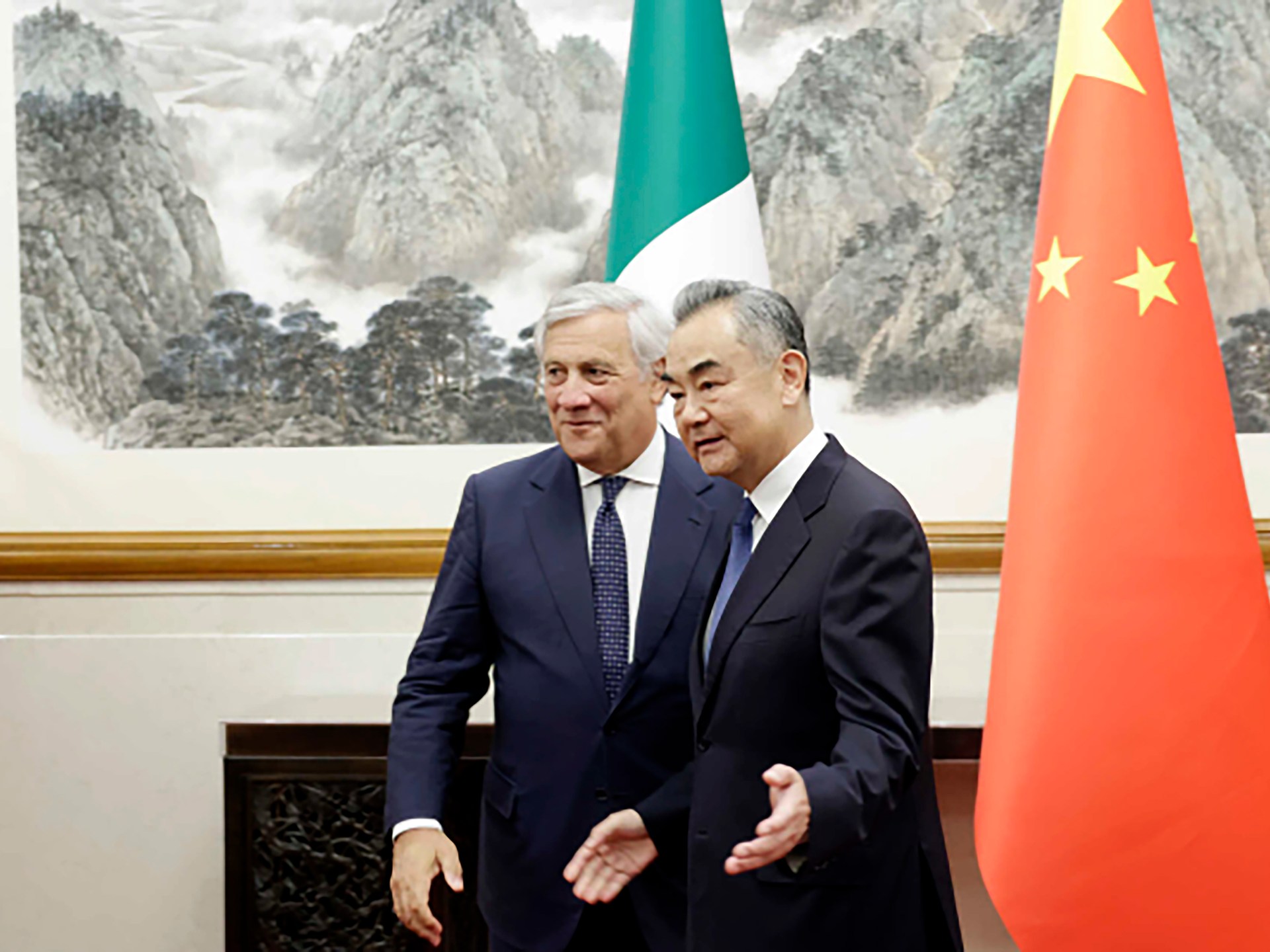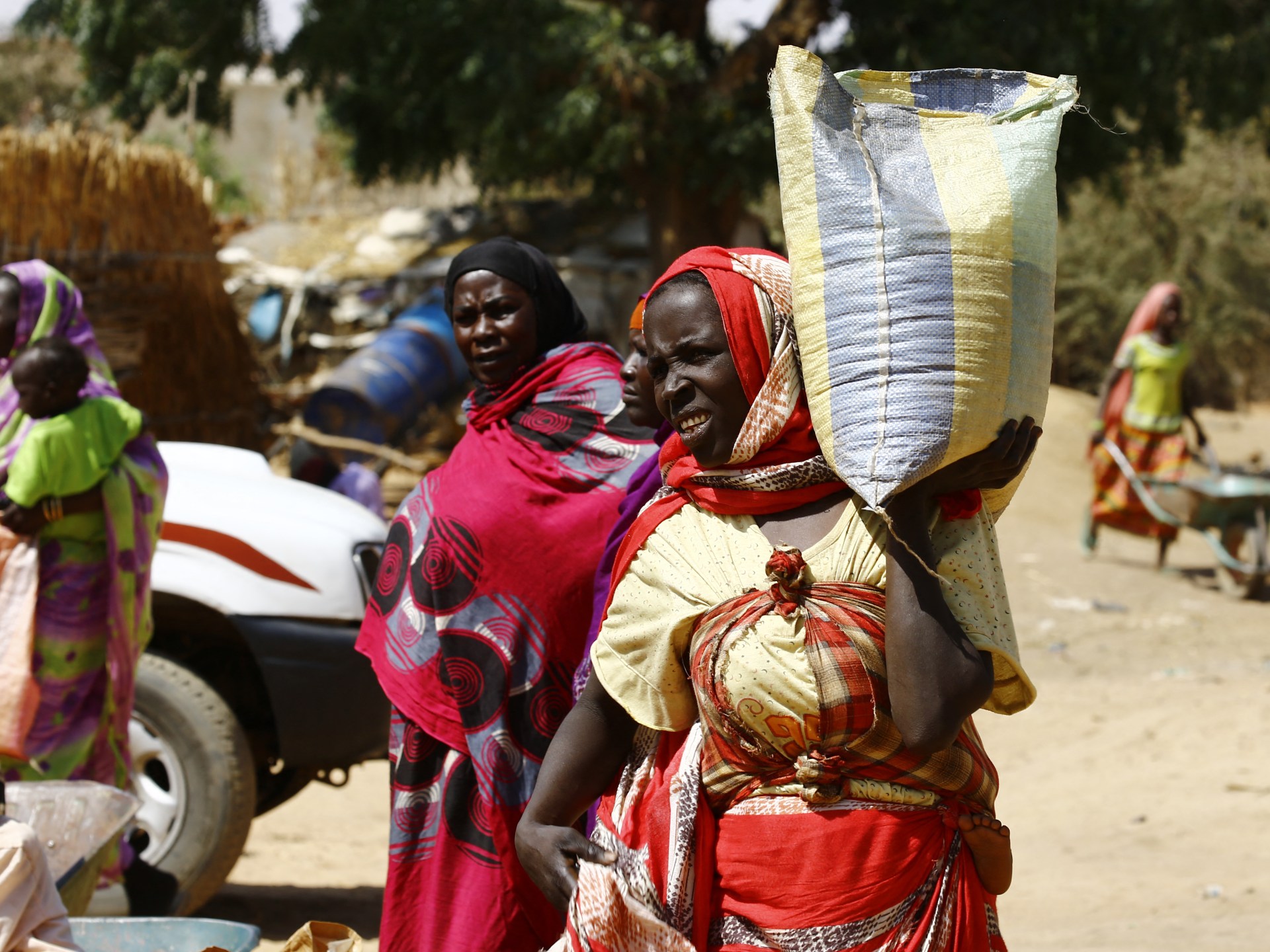The Atlas Lions kindled a sense of belonging in Europe | Qatar World Cup 2022
The Altas Lions’ history-making run at the Qatar 2022 World Cup may have come to an end, but their victories are still making waves off the pitch. For us, members of the Moroccan diaspora living in Western Europe, this was a transformative experience.
Throughout the tournament, Moroccans of all generations gathered to watch the matches and celebrate the triumph of the Moroccan team. We felt an unprecedented rush of pride that gave a new impetus to our evolving identity.
Historically, identity-building in the Moroccan community in Western Europe has been challenging. We have long felt a lack of true belonging in our “host countries” and have never really had a cohesive identity, given the diversity of Morocco’s own population and its Amazigh, Arab and African elements.
But this World Cup changed that. In my conversations with fellow Moroccans living in Europe, I have seen how the Atlas Lions’ mountainous achievements have inspired them to embrace and take pride in their Moroccanness.
‘I am neither there, nor here’
The words of the great Palestinian poet Mahmoud Darwish reflecting on displacement and belonging strike a chord with the Moroccan diaspora in Europe: “I am from there, I am from here, but I am neither there, nor here.” This is how many of us feel.
Today there are between three and five million Moroccans and people of Moroccan descent living in Europe. Many of them came to countries like the Netherlands, France, Spain, Italy, Belgium and Germany as labourers during the post-World War II period of economic growth in Western Europe.
In a political climate in which migration and diversity are increasingly seen as a problem and Islamophobia is growing, Moroccans in Europe have felt othered. Many first- and second-generation Moroccan-Europeans, have felt disconnected from both the country they live in and the country they hail from – including myself.
My fear of being excluded in Belgium, the country I was born in, is especially exacerbated by routine encounters with racism and the rise and normalisation of right-wing rhetoric across Europe amid the “migrant crisis”. Rather than inspire compassion, images of refugees arriving from across the Mediterranean have justified and amplified the othering of my community in Europe.
Yet many of us have not found a sense of belonging in the land of our ancestors either. When we visit Morocco, we often get identified as “not truly Moroccan”. Part of it has to do with the pressure we feel to hide or shed elements of our Moroccan identity.
“It is almost like I am ashamed of showing my Moroccanness, because it makes me less Spanish, and also because I am not purely Moroccan because I didn’t grow up there,” my friend Nouredine, who was born and raised in Spain, told me.
A Moroccan couple, who live in Belgium, also shared with me that they have spoken only French to their young children because they are afraid of racist abuse if they spoke Arabic in public. “We regret that decision,” they told me. Their children now feel locked out of Moroccan culture because they do not speak their heritage language.
Many Moroccans believe that such “integration” efforts would make their host society accept them. However, not only has this linguistic assimilation not changed their precarious position in society, but it has also alienated them from their own community who do not understand – and perhaps even judge – their decision.
Another challenge for diaspora Moroccans has been the lack of cohesion within the Moroccan community driven by ethnic, linguistic and cultural divides. Perched on the intersection of Amazigh, African and Arab cultures and histories, the Moroccan identity is quite complex and fluid. As the World Cup showed, there are debates in and out of Morocco on which element is dominant or defines the nation.
As a linguist currently researching language as a barrier to healthcare for the Moroccan community in Brussels, I am confronted with the challenges of linguistic diversity within my community. We have a total of four languages: Moroccan-Arabic or Darija, Amazigh – the language of the Indigenous people of Morocco – has another three varieties: Tarifit, Tamazight and Tachelhit.
Although I can speak Darija and Tachelhit, I face an obstacle with community members who only speak the two other Amazigh varieties. The linguistic barrier extends to the rest of my community, as those who do not speak Darija as a lingua franca tend to mainly stick to the group who speaks the same Amazigh variety as them.
From ‘cubs’ to ‘lions’
I met Racha, a medical student who grew up in France, when we were both watching a public screening of the Morocco-Canada match. Though complete strangers, we instantly connected as Moroccans, and we cheered and celebrated together.
“I think I have never been so proud of being Moroccan, and for the first time in my life [I saw] a good representation of Morocco: the supporter chants; their traditional clothes; our values of respecting our parents, especially our mothers; to keep praying whether we win or lose,” she told me in a message afterwards.
For many of us, the coverage of the Moroccan squad’s winning streak was the first time we saw positive news about Moroccans. Though tensions with the police escalated in a few Western European cities and clouded some of the celebrations, international media embraced the Moroccan fans and their squad.
Laudatory news articles and social media posts about the Moroccan players and fans unleashed a display of Moroccan-ness I had never seen before in Europe. It opened the door for my fellow community members to show pride in their Moroccan heritage, both in the street and on social media.
It was an experience of feeling represented, accepted, not othered. During the match between Belgium and Morocco, Nora, an accountant and a Belgian national, told me she was proudly cheering for Morocco because as she put it, the Moroccan team “look like us”.
Seeing ourselves represented in the final stages of the World Cup, a space that had seemed unreachable thus far, has filled the next generation of diaspora Moroccans with the courage to dream big.
Nine-year-old Adam, was born and raised in France to Moroccan parents, has been obsessed with the Atlas Lions since he saw them on the front page of French newspapers – his parents told me. He wore his Morocco jersey to school on match days and has decided Hakim Ziyech is his favourite player because he was “also born in Europe”.
His parents said this is the first time he has shown such a strong interest in his Moroccan heritage. Adam spent hours memorising the Moroccan national anthem, and feels proud and connected to Morocco in a way he has never felt before.
But beyond instilling pride in our Moroccan identity, the Atlas Lions have also united us. They have shown us that diversity is strength, not an obstacle. More than half of the Moroccan squad were also born in Europe, and they have the same cultural and linguistic diversity as our communities.
While a national language is seen as a key identity marker and the glue of most national squads, the Moroccan team has demonstrated that cohesion can transcend language and be built on dedication and pride. Witnessing the Moroccan players fight till the last minute to bring success to their country and embodying a whole spectrum of “tamghrabiyt” – the cultural term for Moroccanness – has inspired us to proudly call ourselves Moroccan no matter where we were born or what language we speak.
When asked about representing the Arab world in the World Cup, Walid Regragui, the Moroccan head coach, cemented our intersectional identity by emphasising that the squad is playing for Morocco and for Africa. This was an important public assertion that Morocco is a culturally heterogeneous country that cannot be reduced to the Arab part of its identity.
The Atlas Lions reminded us that Moroccanness truly encompasses linguistic and cultural diversity. They have given us hope that we can identify as Moroccan and European, and that we do not have to give up on one or the other. They have dared us to dream of a Europe where multiculturalism is not just accepted but embraced.
The views expressed in this article are the author’s own and do not necessarily reflect Al Jazeera’s editorial stance.





Pingback: molly and drug,
Pingback: NKSFB Dave T Bolno
Pingback: browse around this web-site